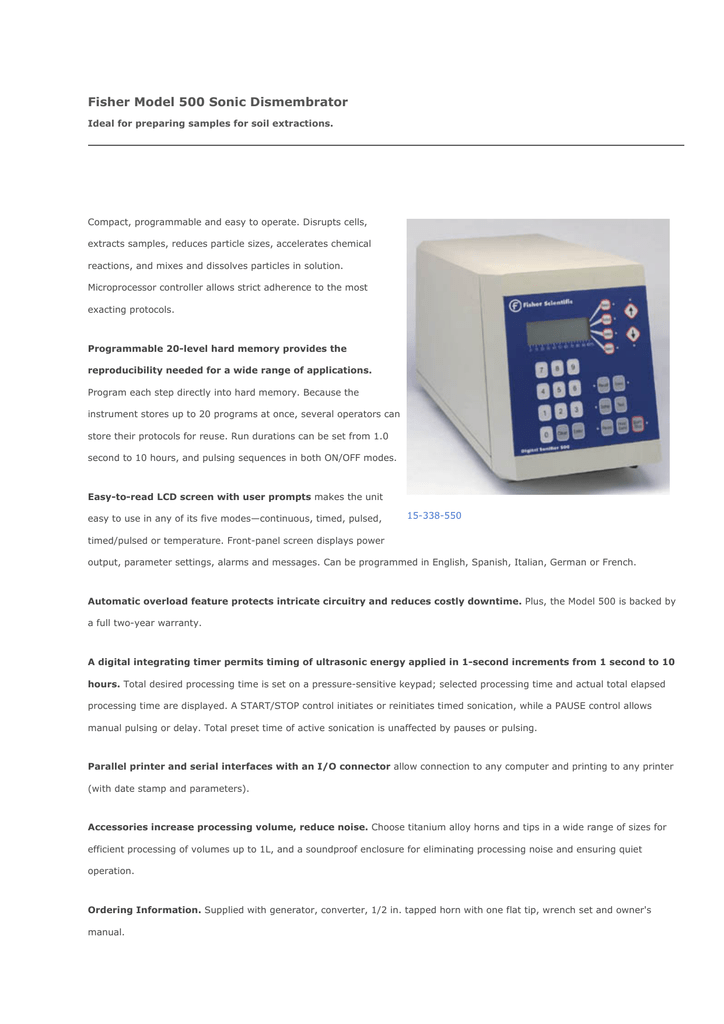

gasseri), two well-studied, common probiotic species with unique associations to human health. acidophilus) and Lactobacillus gasseri ( L. In this report, we emphasize Lactobacillus acidophilus ( L.

Consequently, increased attention has turned to intestinal bacteria that are able to degrade dietary oxalate for their potential as future probiotic therapies for urinary stone formation and other oxalate conditions, such as the rare genetic disease Primary Hyperoxaluria (PH). Intestinal absorption of oxalate contributes significantly to urinary oxalate levels, a primary risk factor for nephrolithiasis. Among all urinary stones, which cost the economy over $10 billion annually to treat, approximately 80% are calcium oxalate. Dietary oxalate, not metabolized by humans, is absorbed across the intestinal epithelium and precipitates with calcium in excreted urine to form calcium oxalate kidney stones. Oxalate is a toxic compound introduced to humans exogenously through the diet and endogenously through natural metabolism in the liver. Recently, interest has turned to Lactobacillus regarding its ability to degrade oxalate in the intestine. Proposed health benefits linked to Lactobacillus vary significantly by species and strain. Among the >200 species of these Gram-positive, rod-shaped microorganisms known to exist, over 50 have been shown to sustainably colonize the intestines of healthy individuals, although they are believed to be a minority among the projected 40,000 species that comprise the intestinal microbiome. Lactobacillus is the most commonly-included genus of bacteria among typical probiotics. Often sold as foods or dietary supplements, many different probiotics exist that contain various cocktails of bacteria formulated to deliver specific health benefits ranging from immune system support, gastrointestinal regularity, serum cholesterol control, management of allergic diseases, and even relief of mental ailments such as anxiety and depression. Probiotics, defined by the World Health Organization (WHO) as “live microorganisms which when administered in adequate amounts, confer a health benefit on the host”, have become widespread in the global health market. Also described is our validation of the oxalate-degrading ability of Lactobacillus acidophilus and Lactobacillus gasseri, even in the presence of other preferred carbon sources, measuring in vitro 14C-oxalate consumption via liquid scintillation counting. We report many species-specific differences in the metabolic profiles of these Lactobacillus species and discuss potential probiotic relevance and function resulting from their differential expression. We addressed this need by characterizing and comparing the metabolome and lipidome of the oxalate-degrading Lactobacillus acidophilus and Lactobacillus gasseri using ultra-high-performance liquid chromatography-high resolution mass spectrometry. Defining the unique metabolic properties of Lactobacillus is essential to define how these bacteria interact with the host intestine and influence overall health. Although the purported health benefits of Lactobacillus probiotics vary significantly between species, there is supporting evidence for their potential use as probiotics for oxalate diseases. Studies have shown that select species of Lactobacillus, the most commonly included genus in modern probiotic supplements, can degrade oxalate in vitro and even decrease urinary oxalate in animal models of Primary Hyperoxaluria. Recently, the intestinal microbiome has become a new focus for novel therapies. People who form these stones often experience a high rate of recurrence and treatment options remain limited despite decades of dedicated research.


Over 80% of diagnosed kidney stones are found to be calcium oxalate. Oxalate, a ubiquitous compound in many plant-based foods, is absorbed through the intestine and precipitates with calcium in the kidneys to form stones.


 0 kommentar(er)
0 kommentar(er)
